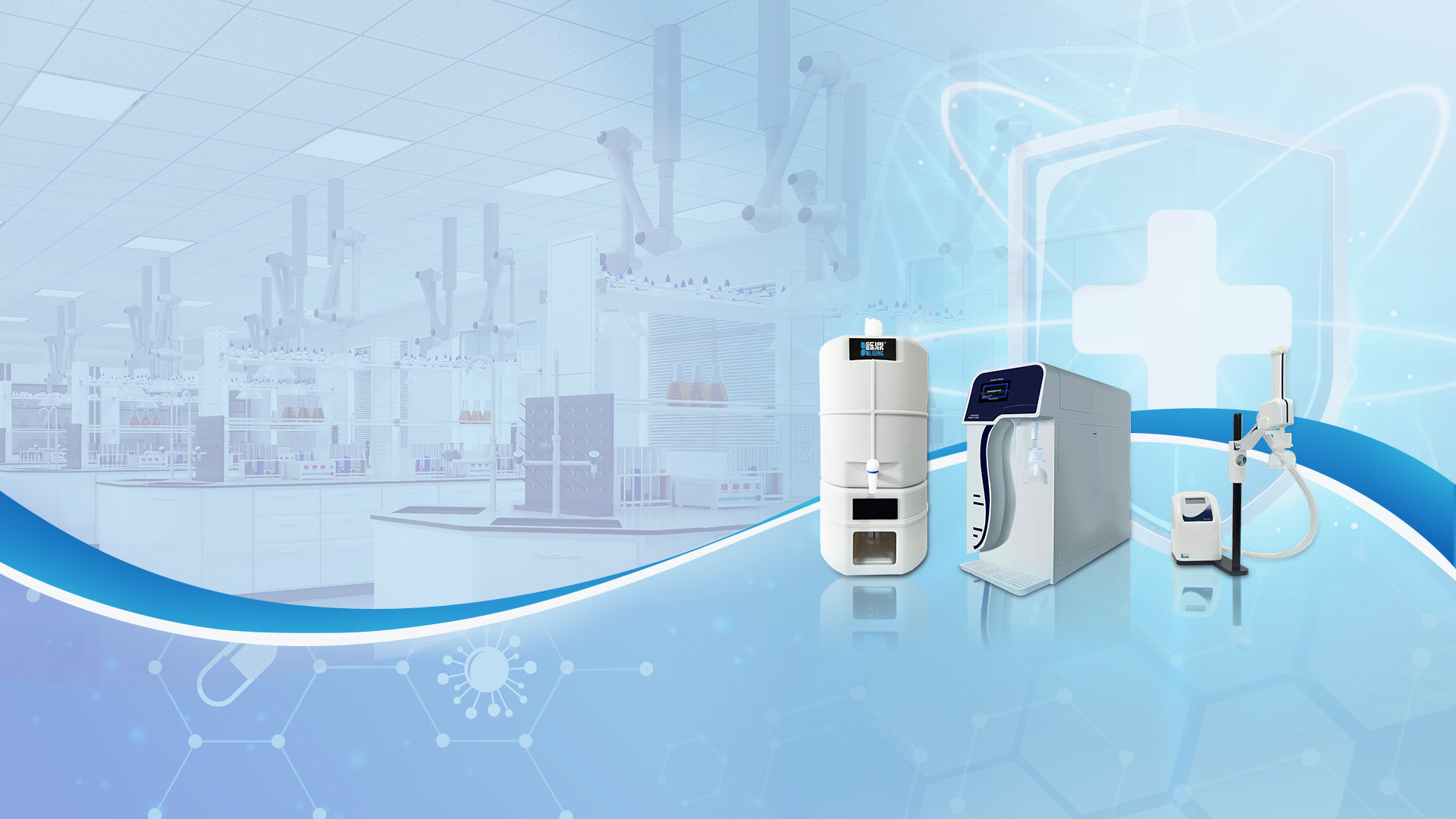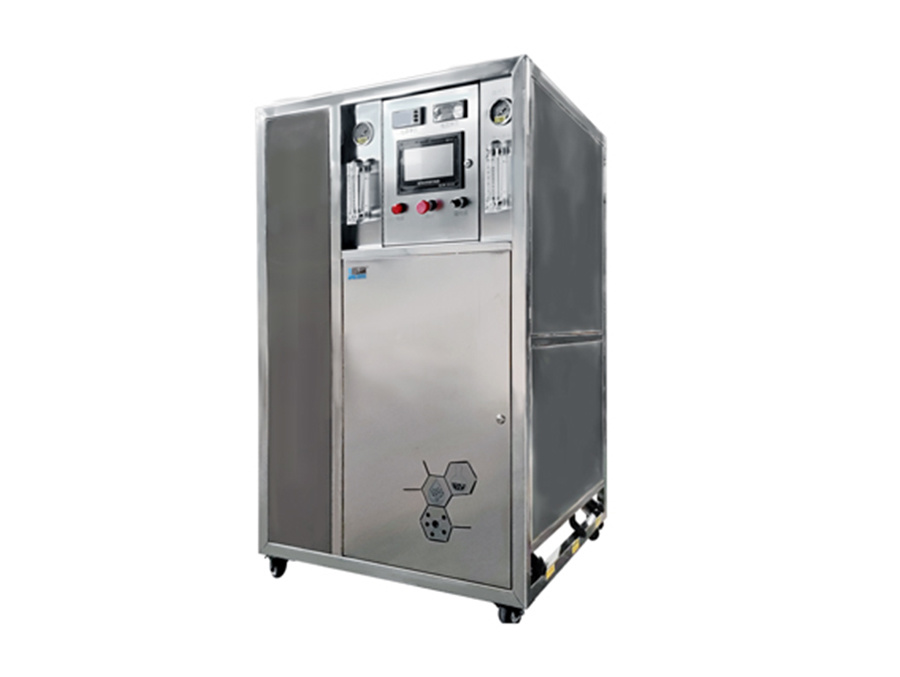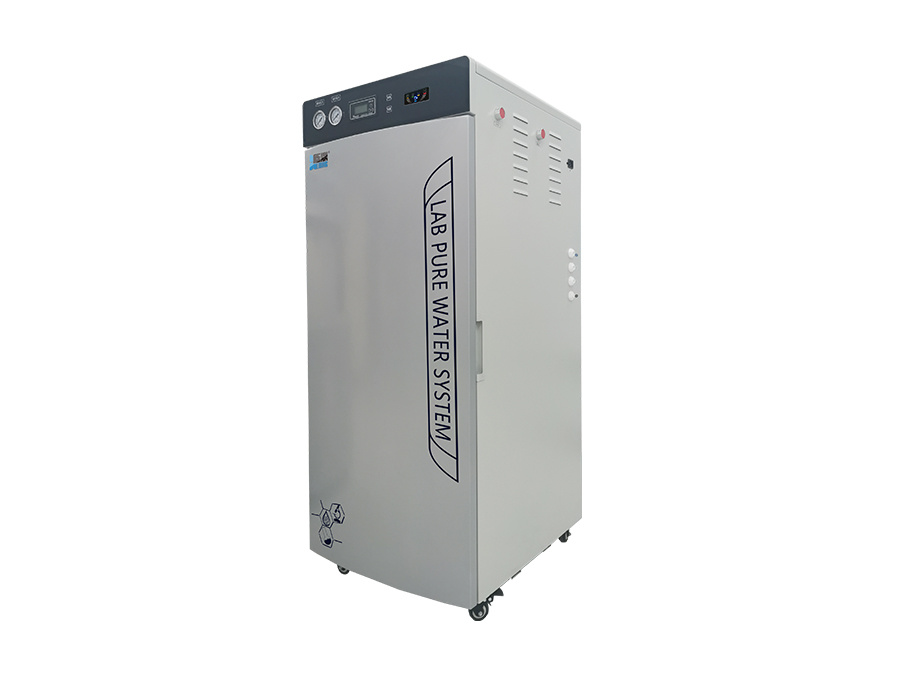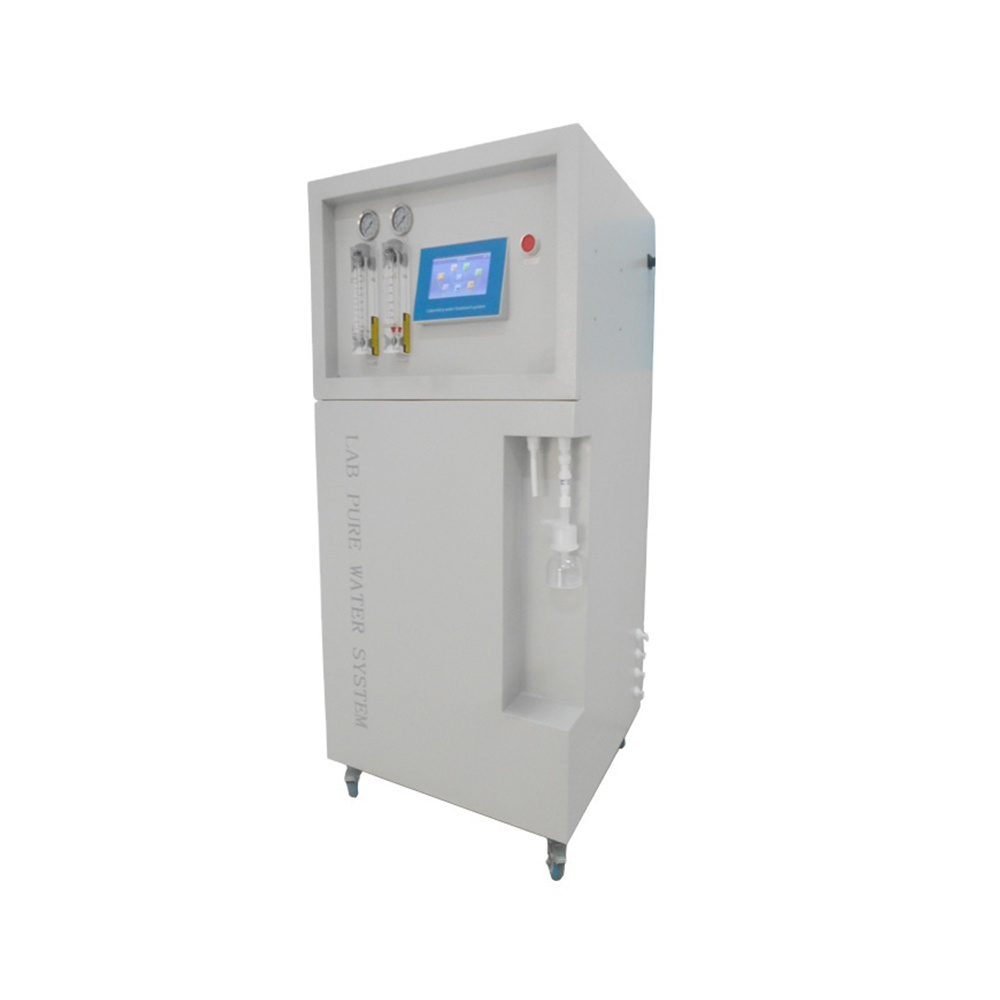How an Ultra Pure Water Machine Can Transform Your Production Process
Time:
Oct 17,2025
How an Ultra Pure Water Machine Can Transform Your Production Process
Table of Contents
- Understanding Ultra Pure Water
- The Importance of Ultra Pure Water in Industry
- How Ultra Pure Water Machines Work
- Benefits of Using Ultra Pure Water Machines
- Applications of Ultra Pure Water Machines
- Key Considerations When Choosing an Ultra Pure Water Machine
- Maintaining Ultra Pure Water Systems
- Future Trends in Ultra Pure Water Technology
- Frequently Asked Questions
Understanding Ultra Pure Water
Ultra pure water (UPW) is water that has been purified to such a degree that it contains minimal impurities, ensuring it is suitable for highly sensitive applications. This type of water is essential in industries such as pharmaceuticals, microelectronics, and power generation, where even the tiniest contaminant can compromise product integrity.
The Importance of Ultra Pure Water in Industry
The significance of ultra pure water in various industrial applications cannot be overstated. Here are a few key reasons why industries prioritize UPW:
1. Quality Control
In industries like pharmaceuticals, the quality of water used in production processes directly impacts the efficacy and safety of the final product. Ultra pure water helps maintain rigorous quality standards and compliance with regulations.
2. Equipment Longevity
Using UPW can enhance the lifespan of equipment by reducing scale buildup and corrosion caused by impurities in water. This leads to fewer maintenance issues and lower operational costs in the long run.
3. Improved Product Yield
By using ultra pure water, manufacturers can minimize defects and improve overall product yield. This is particularly crucial in semiconductor manufacturing, where water quality can significantly affect the performance of electronic components.
How Ultra Pure Water Machines Work
Ultra pure water machines utilize advanced purification technologies to remove contaminants effectively. These machines typically employ a combination of processes such as:
1. Reverse Osmosis
This process uses a semi-permeable membrane to filter out impurities, allowing only water molecules to pass through. Reverse osmosis is a foundational step in producing ultra pure water.
2. Deionization
Deionization involves removing charged particles (ions) from water, further enhancing its purity. This step is critical for applications where ionic contaminants can adversely affect processes.
3. Ultraviolet (UV) Disinfection
UV disinfection is employed to eliminate microorganisms that may remain after the initial purification stages. This ensures that the ultra pure water is free from biological contaminants.
Benefits of Using Ultra Pure Water Machines
Investing in ultra pure water machines offers numerous advantages for industries:
1. Cost Efficiency
While the initial investment may be significant, the long-term savings from reduced maintenance, improved product quality, and higher yields often outweigh the costs.
2. Environmental Sustainability
Ultra pure water machines can contribute to sustainability goals by minimizing waste and reducing the environmental impact associated with traditional water treatment methods.
3. Customization Options
Many ultra pure water systems can be tailored to meet the specific needs of different industries, ensuring optimal performance based on unique requirements.
Applications of Ultra Pure Water Machines
Ultra pure water machines find applications across various sectors, including:
1. Pharmaceutical Manufacturing
In the pharmaceutical industry, ultra pure water is crucial for the production of medications, ensuring that impurities do not compromise patient safety.
2. Semiconductor Fabrication
The semiconductor industry relies on ultra pure water for cleaning processes and as a solvent, where any contaminants can lead to failures in electronic devices.
3. Power Generation
In power plants, ultra pure water is used in cooling systems and steam generation, where mineral buildup can lead to inefficiencies and equipment damage.
Key Considerations When Choosing an Ultra Pure Water Machine
When selecting an ultra pure water machine, consider the following factors:
1. Purity Levels Required
Different applications require varying levels of water purity. It’s essential to assess your specific needs to choose the right machine capable of delivering the required quality.
2. System Capacity
Evaluating your production capacity will help determine the size and output of the ultra pure water machine. Ensure that it can meet current and future demands.
3. Maintenance and Support
Understanding the maintenance requirements and the level of support offered by the manufacturer is critical for long-term operational success.
Maintaining Ultra Pure Water Systems
Proper maintenance is vital to ensure the longevity and efficiency of ultra pure water machines:
1. Regular Monitoring
Consistently monitoring water quality is essential. This includes checking for contaminants and ensuring that purification processes remain effective.
2. Scheduled Maintenance
Implementing a regular maintenance schedule can prevent potential issues and ensure that the machine operates at peak performance.
3. Staff Training
Training staff on proper operation and troubleshooting can enhance the efficiency of ultra pure water systems and reduce downtime.
Future Trends in Ultra Pure Water Technology
As industries evolve, so do the technologies used in ultra pure water production. Future trends include:
1. Advancements in Filtration Technologies
Innovations in filtration processes may lead to even higher purity levels and greater energy efficiency.
2. Smart Monitoring Systems
The integration of IoT and AI in ultra pure water machines will allow for real-time monitoring and predictive maintenance, enhancing operational efficiency.
3. Eco-Friendly Solutions
A growing emphasis on sustainability will drive the development of more environmentally friendly purification technologies.
Frequently Asked Questions
1. What is ultra pure water used for?
Ultra pure water is primarily used in industries where water quality is critical, such as pharmaceuticals, electronics, and power generation.
2. How does an ultra pure water machine differ from regular water purification systems?
Ultra pure water machines achieve higher purity levels by employing advanced purification methods, effectively removing contaminants that standard systems may not.
3. What are the costs associated with ultra pure water machines?
Costs vary based on capacity, technology, and features. While initial investments can be high, long-term savings often justify the expense.
4. How can I ensure my ultra pure water machine operates efficiently?
Regular monitoring, maintenance, and proper staff training are key to ensuring efficient operation.
5. What are the signs that my ultra pure water machine needs maintenance?
Indicators include fluctuations in water quality, unusual noises, or decreased output. Addressing these issues promptly can prevent further complications.
Conclusion
Incorporating an ultra pure water machine into your production process can lead to significant improvements in quality, efficiency, and cost-effectiveness. By understanding the importance of ultra pure water and the technological advancements in purification systems, industries can position themselves for success in an increasingly competitive landscape. As manufacturers prioritize quality and sustainability, the role of ultra pure water machines will undoubtedly expand, transforming production processes across various sectors. Embrace the change and elevate your operations by investing in ultra pure water solutions tailored to your needs.
RELATED NEWS








